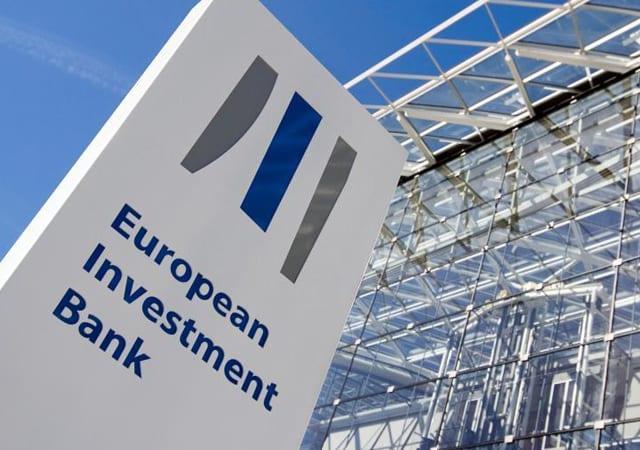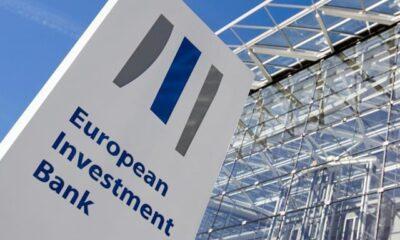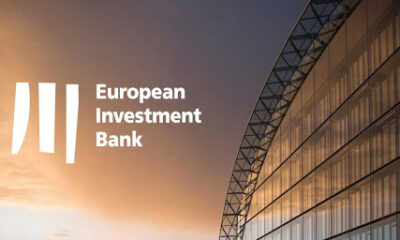Ursula von der Leyen, President of the European Commission and Werner Hoyer, President of the European Investment Bank today outlined a new initiative to boost financial and technical support to enhance health resilience and improve healthcare skills across Africa.
The Sustainable Healthcare Industry for Resilience in Africa (SHIRA) financing platform will enable political and development finance partners to coordinate and strengthen health security and resilience in Africa.
SHIRA will support wider Team Europe engagement by mobilising private sector investment by providing long-term financing to scale up investment in medical research, diagnostic and treatment facilities and local healthcare supply chains.
Under the new partnership the European Investment Bank, European Development Finance Institutions and other African and international partners will mobilise financing for new investment essential to improve access to affordable healthcare and share technical best-practice to address healthcare weaknesses highlights by the ongoing COVID-19 pandemic.
“Europe and Africa stand side by side in the battle against COVID-19 and to strengthen health resilience in the future. This new platform will support the Team Europe Initiative on manufacturing and access to vaccines, medicines and health technologies in Africa” said Ursula von der Leyen, President of the European Commission.
“Increasing investment that strengthens health security is crucial to protect lives and learn from the COVID-19 pandemic. The EIB has unique technical and financial experience in supporting vaccine development, public health and innovation around the world. This promising new scheme to scale up healthcare resilience in Africa provides a clear path to work with African, European and international partners,” said Werner Hoyer, President of the European Investment Bank.
The new SHIRA financing platform was announced at the Global Health Summit taking place today in Rome, alongside other Team Europe initiatives to strengthen vaccine production, medicine manufacturing and health technology development in Africa.
Health challenges highlighted by COVID-19
The COVID-19 pandemic has exposed clear weaknesses in local vaccine manufacturing and pharmaceutical production capacity, leading to shortages and limiting access to health services in Africa. Limited of funding for private sector investment is further preventing treatment and prevention of endemic diseases across Africa and access to affordable health products.
Sustainable Healthcare Industry for Resilience in Africa responds to the clear need to mobilise and enable private sector investment that strengthens health security and resilience across the continent by developing manufacturing and supply capacity.
The new financing platform for health security and resilience in Africa has been developed following in-depth discussions with African and European political and development finance partners.
Unlocking investment in healthcare, vaccine research and skills
The aim is to back new investment to improve health sector preparedness and response, strengthening production of vaccines, diagnosis, treatment and essential equipment including PPE and oxygen, improving vaccine development and specialist skills, and sharing digital e-health and telemedicine best practice.
Long-term financing, investment grants, innovation support and technical assistance will help to address investment challenges and unlock health investment. It will make a significant contribution to achieving sustainable development goals, including SDG 3 ensuring health lives and well-being, SDG 10 reducing inequality, SDG 9 industrialisation and SDG 5 gender equality.
European and African partners are expected to finalise details of the new initiative in the coming months.


 Naira4 weeks ago
Naira4 weeks ago
 Naira4 weeks ago
Naira4 weeks ago
 Travel3 weeks ago
Travel3 weeks ago
 Naira3 weeks ago
Naira3 weeks ago
 Jobs4 weeks ago
Jobs4 weeks ago
 Naira3 weeks ago
Naira3 weeks ago
 Investment4 weeks ago
Investment4 weeks ago
 Travel4 weeks ago
Travel4 weeks ago





















